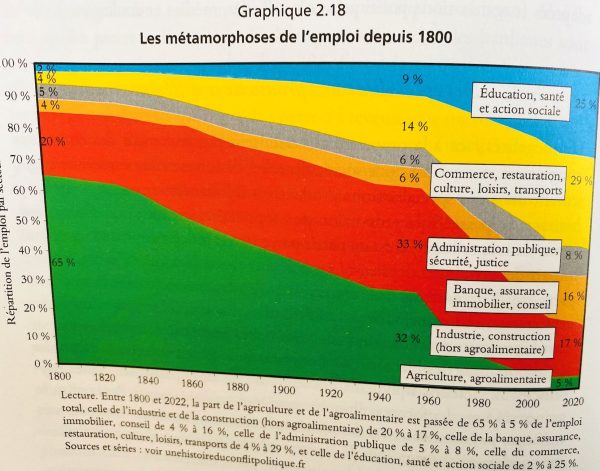Tell me about your concept of time. How do you define time? Answers to this question are likely to depend on your upbringing, affinity to a specific scientific discipline or epistemological belief(s). Aristotle defines time to be subordinate to the more basic principle of change. To understand change we need the concept of time. Two points in time define time, intermediate points are possible, which might be interpreted as a precursor of infinitesimally short spells of time. To explain change, Aristotle refers to his concept of time. Other concepts of time build on the notion of succession of events or sequences of events.
Clocks going round in circles have been used to show the progression of time independent of events. Beams of atoms later allowed for more precision of time keeping. The prevalent concept of time still is dominated by the idea of time as an arrow, usually depicted in some diagram resemblance based on the Cartesian coordinate system, but usually starting at 0 or a particular point in time as diagrams in economics.
Following on from the old concept of change and time, we still claim for causality in most day-to-day experiences or for social processes the link to a chronological progression of time. In statistical analyses building on time-stamped occurrences we may use event history analyses or stochastic differential equations to analyze (social) change depending on one or several (earlier) factors. Even the theory of deterministic chaos, which is applied in weather forecasts for example, arises from the sequence of point of measurements.
Mainly since Isaac Newton we cherish the notion of a universal time, which helps us to coordinate different locations on our planet with reference to the Greenwich mean time. Other concepts of time make use of infinity of time and how to deal with this. Life before, or life after death, are human constructs trying to make time understandable or at least manageable for us beyond our own living time. Depictions of time in the arts, paintings or music opens up yet another vast space of thinking about, as well as, experiencing time. We did have and still do have a great time thinking about time. 












